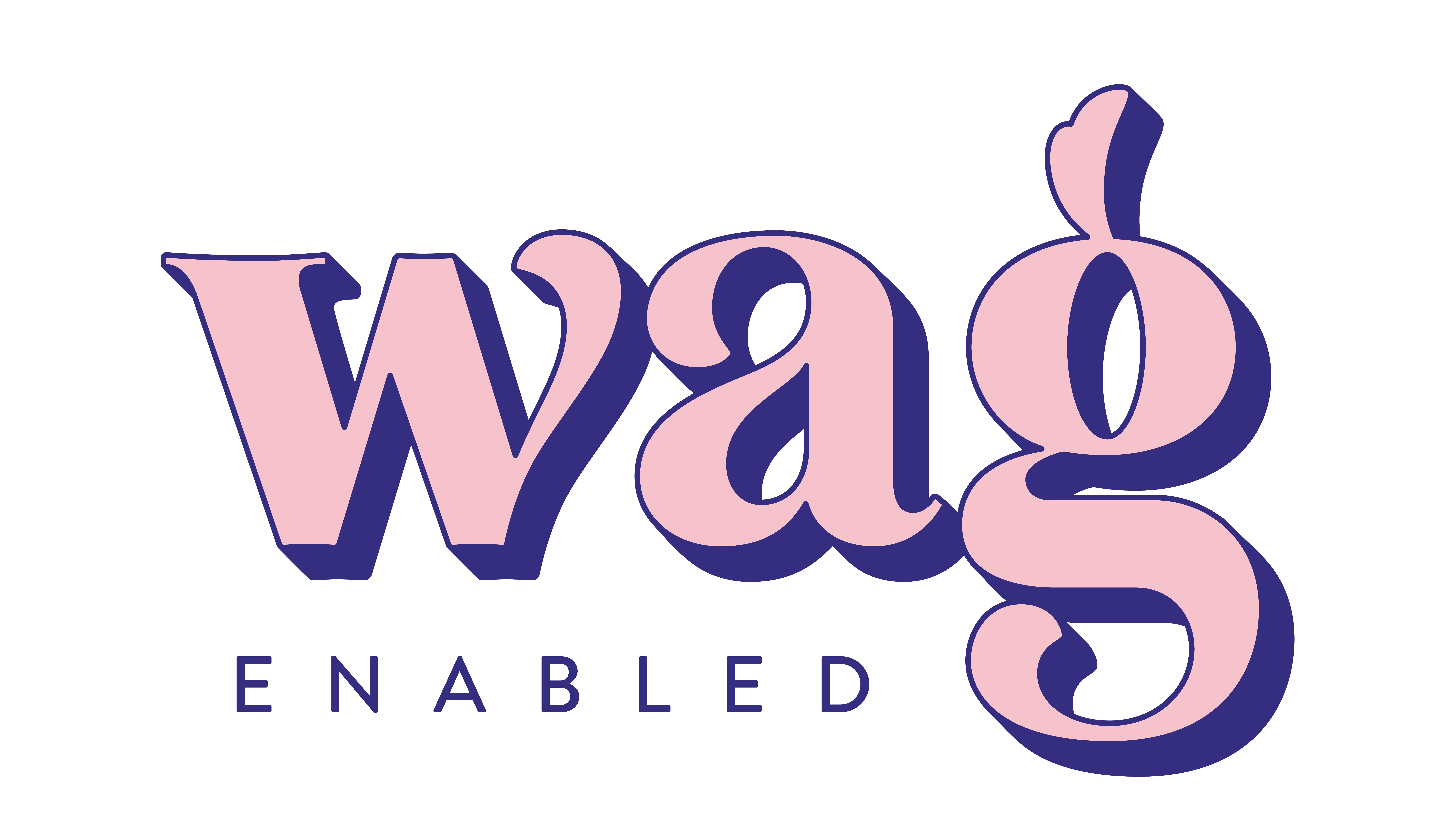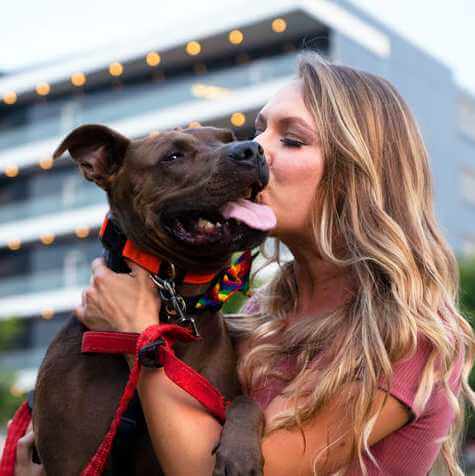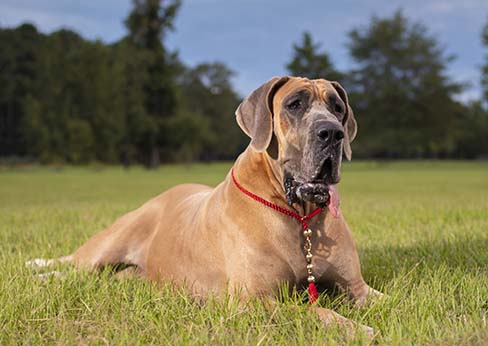In this post:
- What is bloat?
- How to treat bloating and Gastric Dilatation?
- How to prevent bloat in dogs?
- What NOT to Do
Has your dog just been diagnosed with Bloat? This is seen frequently in large deep-chested dogs and should always be treated as an emergency.
Please note: Information in this post is not meant as a substitute for veterinary care. Always consult your veterinarian if you suspect that your dog is sick.
What is bloat?
The medical term for bloat is Gastric Dilatation and Volvulus. This is a life-threatening condition in which the stomach fills with air (dilation) and/or twist upon itself (volvulus).
You MUST take your dog to a vet IMMEDIATELY.
What Are Common Signs of Bloat?
- Drooling of saliva
- Frequent retching and attempts to vomit (occasionally victims may be able to regurgitate a pool of foamy saliva)
- Anxiousness, restlessness, and pacing
- Depression and shock
- Bloated abdomen
- Difficulty breathing
It is very important that you know what signs to look for in a dog with bloat. The earlier you notice these signs, the better the outcome. Not all dogs will have a bloated appearance, especially early on.
What causes bloating?
The true cause of bloat is unknown. Extreme stress (while boarding, flying, etc) and feeding dogs immediately before exercising may increase your dog’s chances of bloat. It is a lot more likely to occur in dogs with high levels of anxiety. Dogs with deep, narrow chest seem more prone to bloat and GDV.
The 12 breeds most likely to develop the condition include:
- Great Dane
- Basset Hound
- Saint Bernard
- Doberman Pinscher
- Weimaraner
- Old English Sheepdog
- Irish Setter
- German Shorthaired Pointer
- Gordon Setter
- Newfoundland
- Standard Poodle
- German Shepherd
How to treat Bloating and Gastric Dilatation?
If your dog has bloated, it is best to take them to a vet right away. They will most likely need emergency surgery. In this surgery, the vet will untwist your dog’s stomach and relive the air. Many dogs who have surgery still carry a 50/50 chance of survival. This surgery can be very expensive and does not always have the best outcome even with the most experienced surgeon.
How to prevent bloat in dogs?
These are some preventative measures that you can take to prevent your dog from bloating.
- There is an increased risk of bloat in large dogs with deep chests.
- Avoid feeding your dog immediately after exercise or playtime.
- Extreme stress or anxiety can cause bloat in some cases.
- Some believe that raising your dog’s water and food can help minimize it.
- Talk to your vet about preventative measures.
- A prophylactic gastropexy (minimally invasive surgery) to prevent GDV can be performed
What NOT to do
- Do not attempt to relieve the gas from the stomach.
- Do not give anything by mouth
As soon as you notice any problems, it is always best to take your dog to a vet as soon as possible.
Final Thoughts
Bloat can be a life-threatening issue that should be taken to your vet right away. By taking preventative measures, you may never have to deal with Bloat in your dog.





